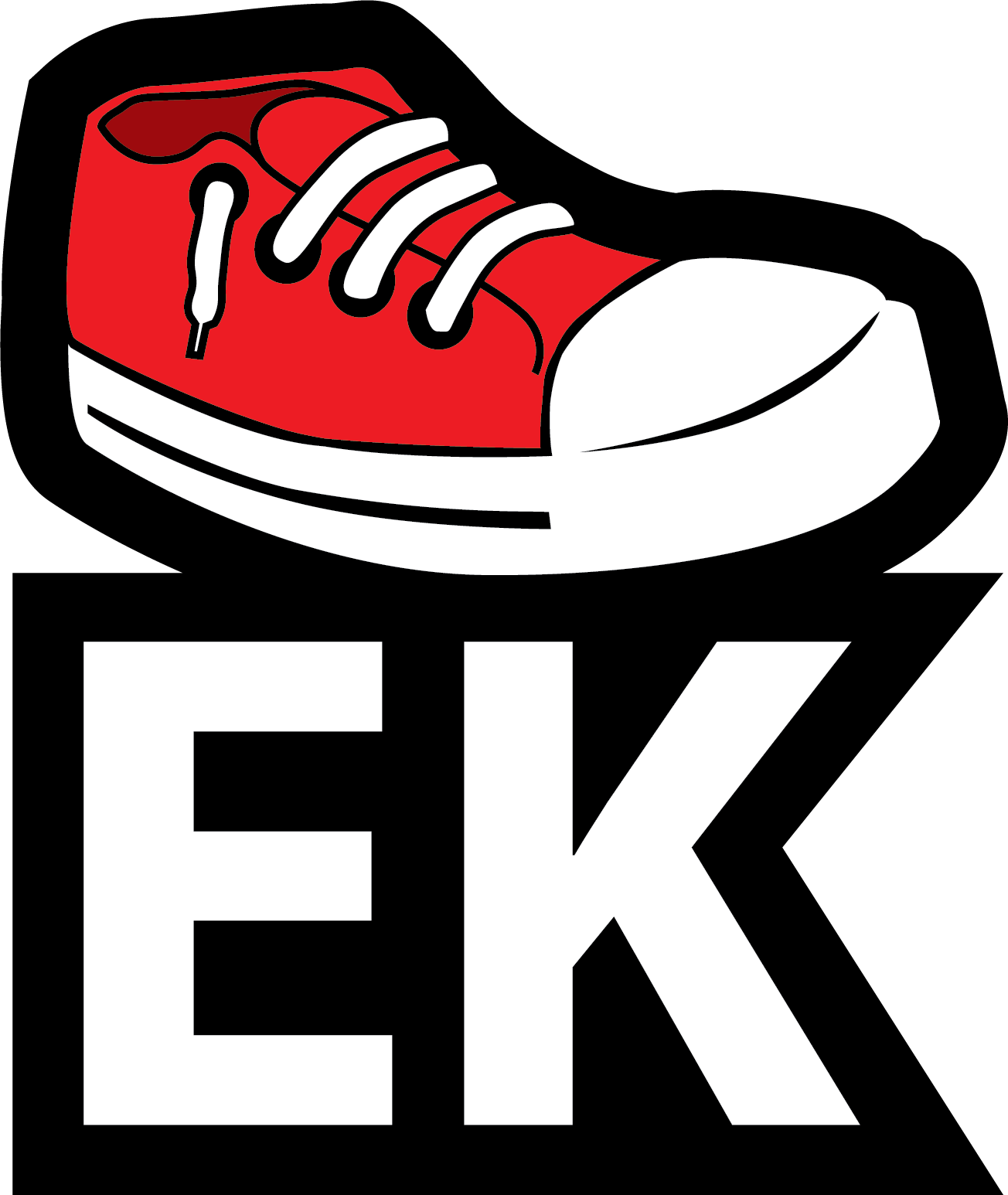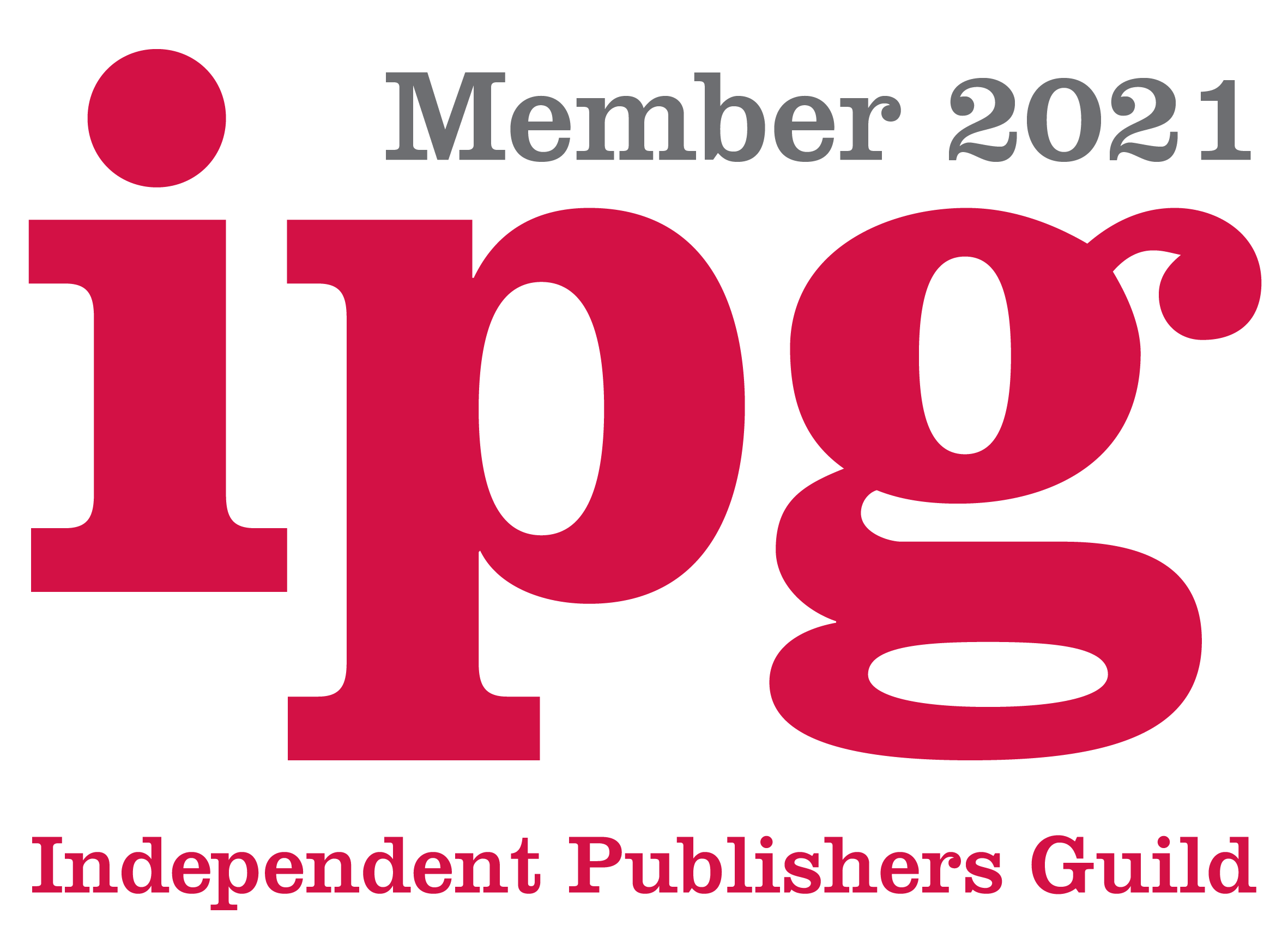Imagine: You are sitting in front of the computer screen with a white, blank page staring back at you. You have the free time to write, but you have no idea what to write. Sound familiar? Well, this post will explore how to find your writing niche, the subject matter you are most knowledgeable about and the format (or genre) to best fit your topic.
Question Yourself
Finding your writing niche requires self-exploration. Ask yourself the following questions: What do you like to write? Why do you like to write in that genre or subject matter? What is your purpose for writing in that genre or within that topic? What book do you feel is missing in the topic you wish to write in? How can what you write serve other people?
These answers provide a clear direction and sense of purpose to your writing.
An example of this would be a book recently published by Exisle’s imprint, EK Books. The Incredibly Busy Mind of Bowen Bartholomew Crisp is a book that holds personal resonance with the creators. Author Paul Russell has Dyslexia and the illustrator, Nicky Johnston, has a ten-year-old son named Bowen who has Dyslexia, Dysgraphia, and ADHD. This children’s book offers readers to look at the world with curiosity and embrace neurological diversity.
Russell and Johnston noticed what subject matter was lacking in the realm of children’s books and filled that space with their book.
Read What You Write
Too often writers will share their ideas on what they plan to write and readers will respond with “Oh, like [insert published book here]?” It is essential to read what you want to write, as well as be aware of the existing published works out there that will be in conversation with your manuscript.
If you plan to write a guide on healthy eating, you should read books under the same topic to see what new information you can provide. This will also make your book stand out with publishers.
Say you are an expert in a field, such as a career coach. You are passionate about people finding a career they enjoy. You are already in the process of having a niche that you can discuss extensively. A book such as this would fall under a guide or self-help, because you are using your niche to serve others. Ask yourself, how can I contribute to the conversation (of career search, for example) and add something new?
No matter what genre or topic you choose to write in, you always have the option of stepping out of what is familiar into a subject matter that you wish to explore. When first starting your writing career though, it is best to build a reputation in the genre and subject you have the most knowledge in. This will help you find your readers and determine where your books will sit in a bookstore. (Do you want your books in different shelves scattered throughout or do you want to have a reader find your book and be surprised when another one of your books is right next to it, for them to read next?)
Writing Prompts
Writing prompts are a great way to find out what hidden knowledge you may have that you can explore.
I took a non-fiction course during my undergraduate degree. The professor gave us the task of writing an essay about an object that could fit in the palm of your hand. It was fascinating to hear my peers' ideas: a watch, a grain of sand, a spider that hitched a ride on a bundle of bananas from its South American habitat to a house in England. I remembered a story my mother told me about a tomato seed she took from her mother’s plant in Russia when she moved to the United States. This made me touch on a part of my ancestry that I never considered exploring in my writing.
Our stories live inside of us, we must coax them out on the page.
Here is a list of writing prompts Exisle has used in past writing competitions and have inspired published books:
Passed Down
When the Machine Arrived
Alone in the time of Covid-19
A Time You Overcame Fear While Travelling, which resulted in the book Fearless Footsteps.
The Moment My Life Turned, inspiring many remarkable responses to be published in a book titled The Turning Point due for release this October.
These writing prompts are open for interpretation, to turn over in your brain, to see if you can uncover a story worthwhile. In this way, writing prompts allow you to find what topics you gravitate toward and where you shine brightest.
Writing What You Know
In non-fiction this can mean writing your memoir, a story no one else can write because it is completely yours. As mentioned previously, writing that serves others requires an expertise that you have cultivated for some time, now directing that expertise into a manuscript.
Nowadays, there are contradicting opinions about writing what you know. There are arguments as to not write what you have not experienced. Others believe that if you do the appropriate research, you can write about anything you wish. That is for you, as the writer, to decide. There are risks associated with either because when you put your work out there, people may challenge your expertise on the topic.
Nathan Englander, fiction writer, weighs in, “Why do we love those books [we love], why do they change us, why do they touch our hearts, why do they hold so much meaning? Because they are truer than truth; because there is a great knowing within them, and I think what’s behind ‘write what you know’ is emotion.”
Follow us on Facebook and join our newsletter to be up to date with Exisle Academy.



